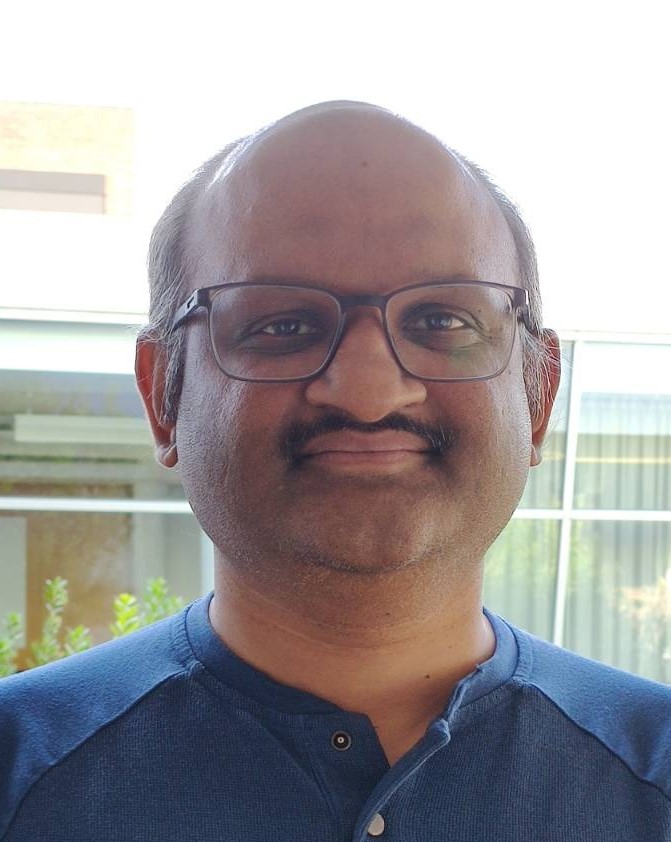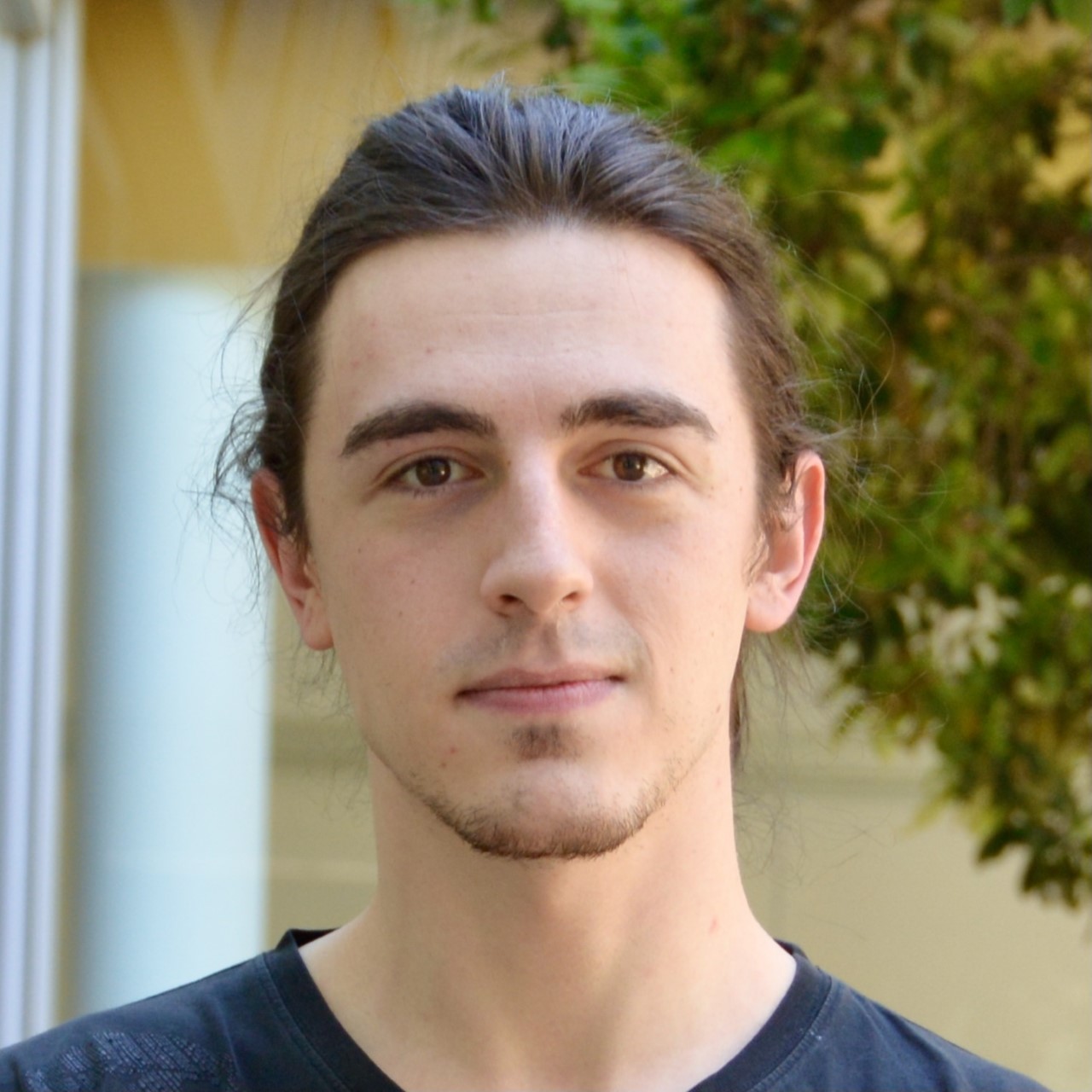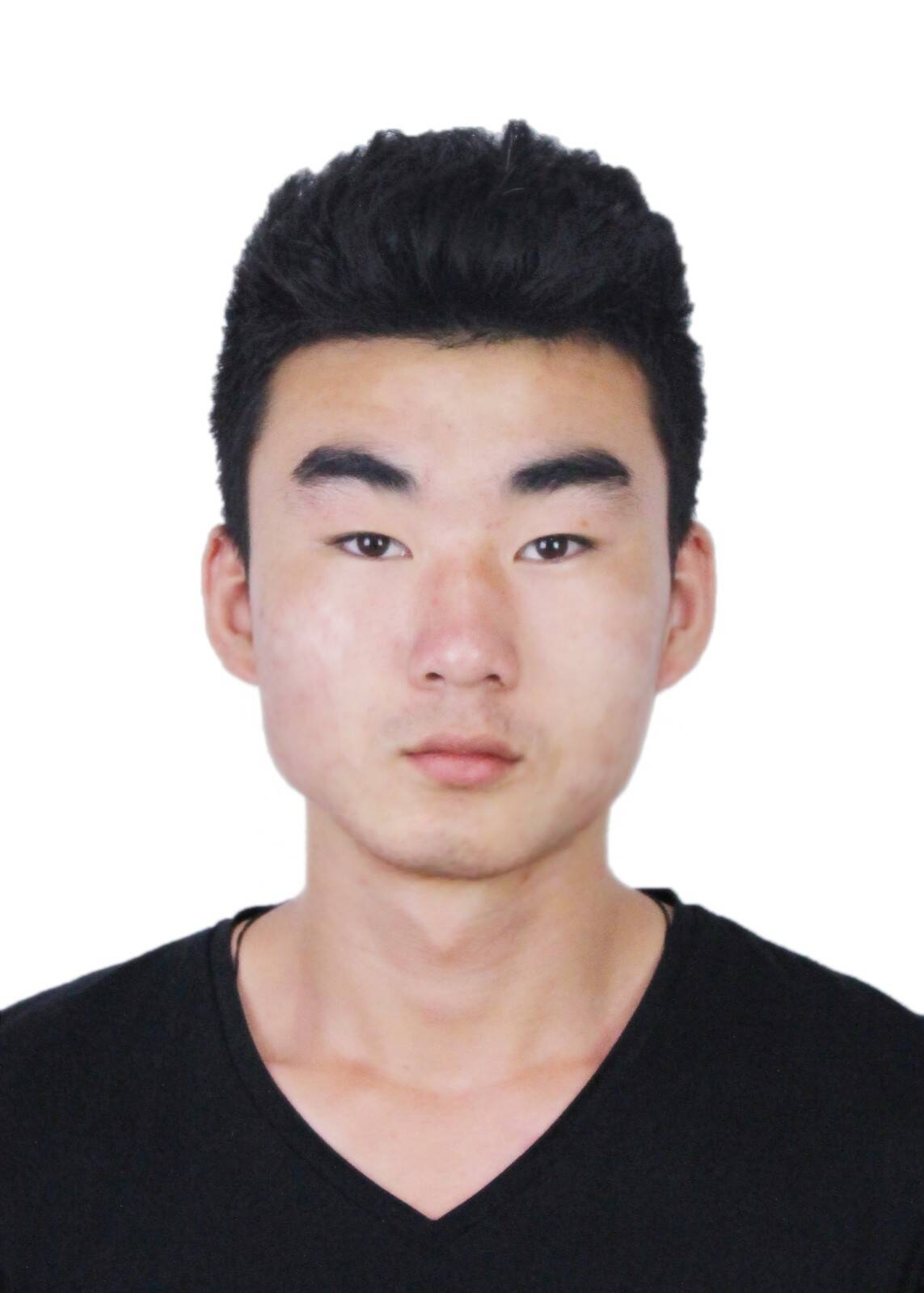Two papers at WACV 2024
1. Adapt Your Teacher: Improving Knowledge Distillation for Exemplar-free Continual Learning, Filip Szatkowski, Mateusz Pyla, Marcin Przewięźlikowski, Sebastian Cygert, Bartłomiej Twardowski, Tomasz Trzciński
2. Plasticity-Optimized Complementary Networks for Unsupervised Continual Learning, Alex Gomez-Villa, Bartlomiej Twardowski, Kai Wang, Joost van de Weijer
Author Archives: Joost Van de Weijer
Two papers at WACV 2024
3 papers at ICLR 2024
Three papers were accepted:
1. Elastic Feature Consolidation for Cold Start Exemplar-free Incremental Learning (pdf).
2. Get What You Want, Not What You Don’t: Image Content Suppression for Text-to-Image Diffusion Models (pdf).
3. Divide and not forget: Ensemble of selectively trained experts in Continual Learning (pdf).
2 papers at NeurIPS 2023
Two papers were accepted:
1. FeCAM: Exploiting the Heterogeneity of Class Distributions in Exemplar-Free Continual Learning (pdf).
2. Dynamic Prompt Learning: Addressing Cross-Attention Leakage for Text-Based Image Editing (pdf).
And one workshop paper:
1.IterInv: Iterative Inversion for Pixel-Level T2I Models (pdf)
2 papers at ICCV 2023
2 Papers at CVPR 2023
Two papers were accepted:
1. Endpoints Weight Fusion for Class Incremental Semantic Segmentation (pdf).
2. 3D-aware multi-class image-to-image translation with NeRFs (pdf).
And one paper in the Workshop on Continual Learning in Computer Vision (CVPRW):
1. Density Map Distillation for Incremental Object Counting (pdf).
ICLR 2023
Our paper on Planckian Jitter for better color image representation has been accepted for ICLR. Great work Simone and Alex!
1. Planckian Jitter: countering the color-crippling effects of color jitter on self-supervised training (pdf).
TWO POSTDOC POSITIONS
TWO POSTDOC POSITIONS IN CONTINUAL LEARNING OF DEEP NEURAL NETWORKS FOR SUSTAINABLE AND DATA SECURE AI
We are seeking two postdocs to join the Learning and Machine Perception (LAMP) team in beautiful Barcelona. The positions are for two years and will remain open until good candidates are found. LAMP is in the Computer Vision Center at the Universitat Autònoma de Barcelona and performs research on continual learning, active learning, generative models, transfer learning, and self-supervised learning.
The project focuses on research lines that explore the potential of Continual AI to address the challenges of sustainable-AI. Research lines include (but are not limited to):
- Energy-efficient continual learning: this direction studies and aims to propose continual learning methods that are best adapted for the energy-efficient retraining of neural network when new data arrives.
- Data secure (privacy protective) continual learning: this direction is devoted to the study continual learning techniques that ensure the privacy of clients (including the unlearning of knowledge).
- Biologically inspired energy-efficient continual learning: this line is devoted to the development of a computational model that follows the continual learning in the human brain: separating the learning process in a slow and fast learner to optimally address the stability-plasticity trade-off. Potentially investigating spiking models for energy-efficient continual learning.
HOSTING GROUP
The project is in the Learning and Machine Perception (LAMP) team at the CVC led by Joost van de Weijer. For more information on the LAMP team visit: website
CANDIDATE ’S PROFILE
The candidate should possess a PhD in computer vision or machine learning and have a strong publication record. We are looking for candidates who have publications in the top conferences CVPR, ECCV, ICCV, NIPS, ICML, or ICLR. The candidate should have a background in machine learning and deep learning. Knowledge of continual learning is desired but not mandatory. The applicants are expected to be fluent in both oral and written communication in English. They should work well in a team while demonstrating initiative and independence. The candidate is expected to supervise PhD students.
THE COMPUTER VISION CENTER
The selected candidate will work in the Computer Vision Centre (CVC), Barcelona, a research institute comprising more than 100 researchers and support staff, dedicated to computer vision research and knowledge transfer. With a strong international projection and links to the industry, the Computer Vision Centre offers an exciting environment for scientific career development. The Computer Vision Center has a plan for expansion of its permanent research staff base, and has received the “HR Excellence in Research” award as a provider and supporter of a stimulating and favorable working environment.
RESEARCH CONTACT
If you are interested in the position, please contact Dr. Joost van de Weijer (scholar website) for more information and application (joost@cvc.uab.es)
FUNDING CONDITIONS
Living allowance of 31-36k€/year (gross salary) depending on experience.
SUBMISSION DEADLINE
The project starts December 1st 2022. The vacancy will remain open until a suitable candidate has been hired. Applications will be regularly reviewed and potential candidates will be contacted.
BMVC 2022 and WACV 2023
Kai has two papers on BMVC 2022 !
Attention Distillation: self-supervised vision transformer students need more guidance
and
Positive Pair Distillation Considered Harmful: Continual Meta Metric Learning for Lifelong Object Re-Identification
Dipam has published his work on incremental semantic segmentation at WACV 2023:
Attribution-aware Weight Transfer: A Warm-Start Initialization for Class-Incremental Semantic Segmentation
NeurIPS 2022
Shiqi-s paper Attracting and Dispersing: A Simple Approach for Source-free Domain Adaptation got accepted for NeurIPS 2022.
2 TPAMIs + 1 IJCV accepted
The survey paper Class-incremental learning: survey and performance evaluation on image classification is accepted at PAMI.
Also check the code framework FACIL that allows to reproduce the results from the survey.
The paper on zero-shot has also been accepted a PAMI: Generative Multi-Label Zero-Shot Learning
And in IJCV: MineGAN++: Mining Generative Models for Efficient Knowledge Transfer to Limited Data Domains




















